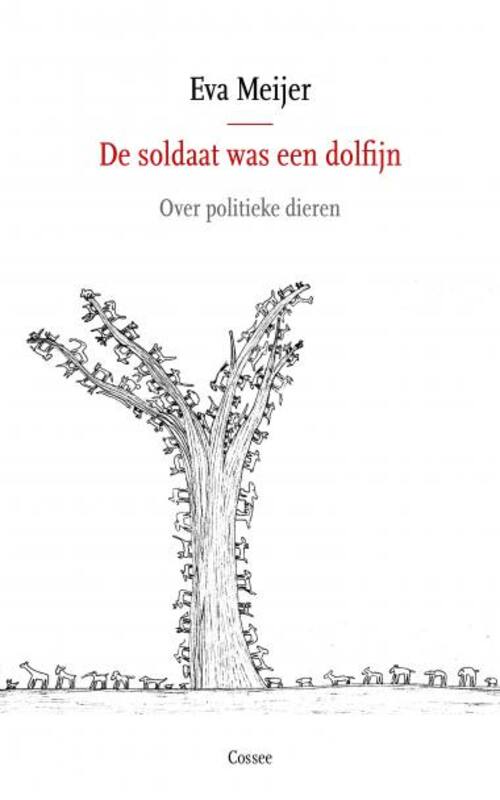
Orangutans work together when planning to escape a zoo, which means they all have to be transferred every once in a while. Bees debate where to live and whom to attack. In certain British towns, police dogs are entitled to a pension after their employment. Groups of geese have territorial conflicts with humans. Orcas in custody kill their trainers. Beavers help farmers to fight against floods. Pigeons take democratic decisions. Dolphin Tahoma worked in the US army and was stationed in Iraq to track down mines. In 2003, she deserted while working, never to be seen again.
Aristotle wrote that humans are the only political species, because the human race is able to recognize the difference between right and wrong, good and evil. Nowadays, other animals are still excluded from the political landscape, while humans continue to make decisions that will largely influence their lives. We are still in the process of learning more about their cultures and interior lives, that prove to be more complex than we initially thought. Animals defend and protect themselves against, but also work and live alongside humans: we share our planet and our households. In Political Animals, Eva Meijer discusses how we could live with non-human animals in a different way. Could we possibly start to see them as our fellow citizens, or as a sovereign race? And can we organize a different kind of democracy, which will include a wide variety of species? What is just? And what do they actually want?